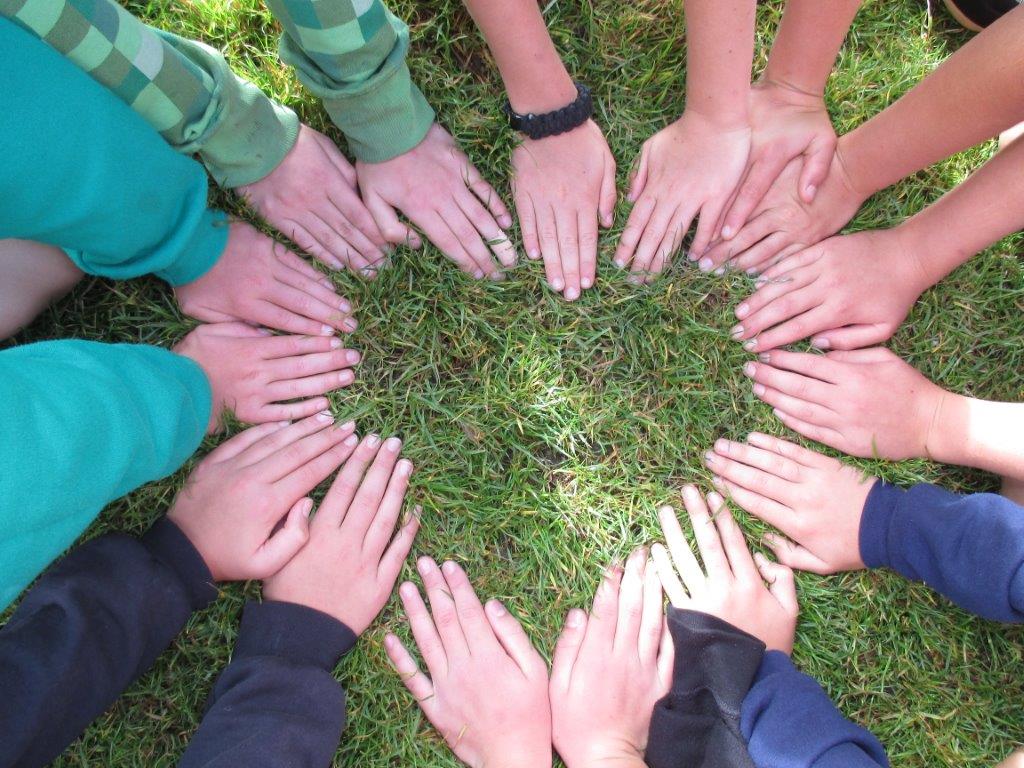Community-based and individual-level prevention strategies are effective ways to reduce alcohol use among American Indian and other youth living in rural communities, according to a new study supported by the National Institute on Alcohol Abuse and Alcoholism (NIAAA).
Alcohol use remains extremely widespread among today’s teenagers. Nearly three quarters of students (72 percent) have consumed alcohol by the end of high school and more than a third (37 percent) have done so by the eighth grade, according to the National Institute on Drug Abuse. In the past 30 days, 26 percent of underage persons (aged 12-20) used alcohol, and binge-drinking among the same group was 17 percent.
“This important study underscores our commitment to finding evidence-based solutions for alcohol problems in American Indian and other underserved populations,” said NIAAA Director George F. Koob, Ph.D. “This study is one of the largest alcohol prevention trials ever conducted with an American Indian population, and the first to demonstrate the effectiveness of screening and brief counseling intervention in significantly reducing youth alcohol use at a community level.”
While American Indian teens drink at rates similar to other U.S. teens, they have a higher rate of early onset alcohol use compared to other groups and high rates of alcohol problems. Rural youths, including those who are a racial minority relative to their community, are also at increased risk for alcohol misuse.
Early prevention is critical in these populations, but both American Indians and rural communities have been underrepresented in studies that aim to find effective solutions for underage drinking. To address this research gap, researchers worked with the Cherokee Nation – the second largest American Indian tribe in the United States – to implement a rigorous research trial of two distinct strategies to reduce underage drinking.
Communities Mobilizing for Change on Alcohol (CMCA) is a community-organizing intervention designed to reduce alcohol access, use, and health and social consequences among underage youths. CMCA involves training teams of adults to implement policies and take actions to reduce youth access to alcohol through social and commercial sources. The second strategy, called CONNECT, is an individually-delivered screening and brief intervention delivered in schools. In the school-based intervention, a school social worker conducts a brief one-on-one health consultation with each student each semester to encourage healthy behavior change related to alcohol consumption. Students who report high risk drinking attend follow-up sessions and are referred to specialty treatment, if determined appropriate.










